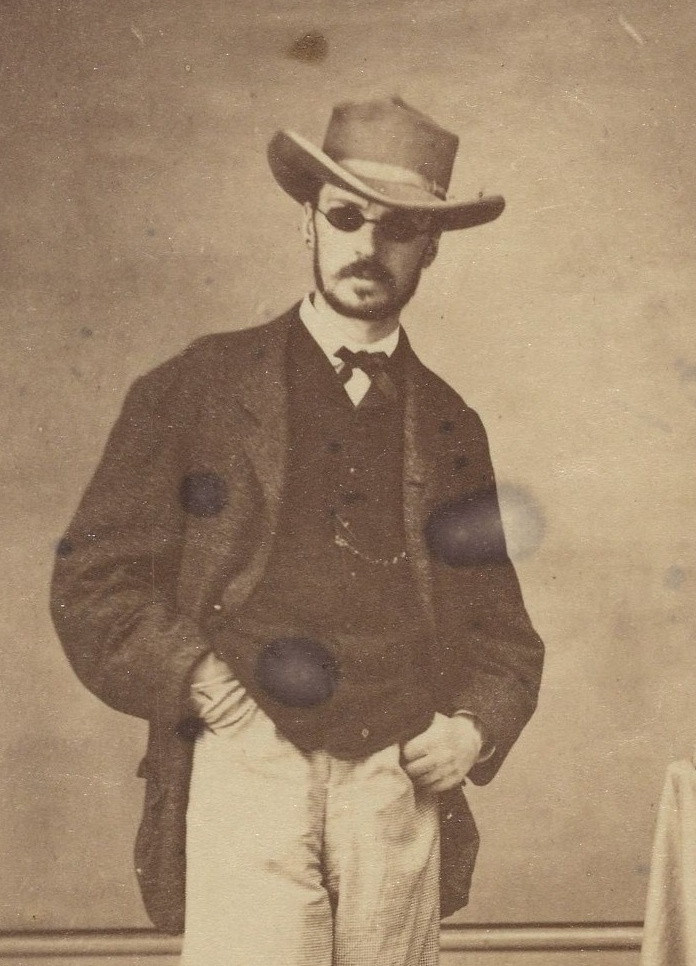In cobbling my network of concepts together, I am driven by my dissatisfaction with the idealism of religious and mystical thinking, on the one hand, and the stinginess of the usual reductionism on the other. I want, perhaps impossibly, a middle way, a hybrid path that concepts can both clarify and craft on the fly. It is a path of radical empiricism, as well as a version of what I will be calling weird naturalism. To really engage the problems and possibilities of extreme experience, we must deal not only with representations, but with what William James called the “thickness of reality.” And I want to begin by sticking our toes into the murky, mist-shrouded mire of culture and consciousness that we can call the weird.
The bizarre fact that psychical research has made little progress since its inception lays the ground for an engaging discussion on the limits of the knowable.
...those who wish to reduce objectivity to solidarity -- call them "pragmatists" ... view truth as in William James' phrase, what it is good for us to believe...From a pragmatist point of view, to say that what is rational for us now to believe may not be true, is simply to say that somebody may come up with a a better idea. It is to say that there is always room for improved belief, since new evidence, or new hypotheses, or a whoe new vocabulary, may come along.
For someone like William James, the struggle for existence and natural selection translated readily into a theory of knowledge—ideas fight it out just as organisms fight it out.2 No more, but certainly no less.
TwinPages: Flancian | WebSeitzWiki | WikiWikiWeb
